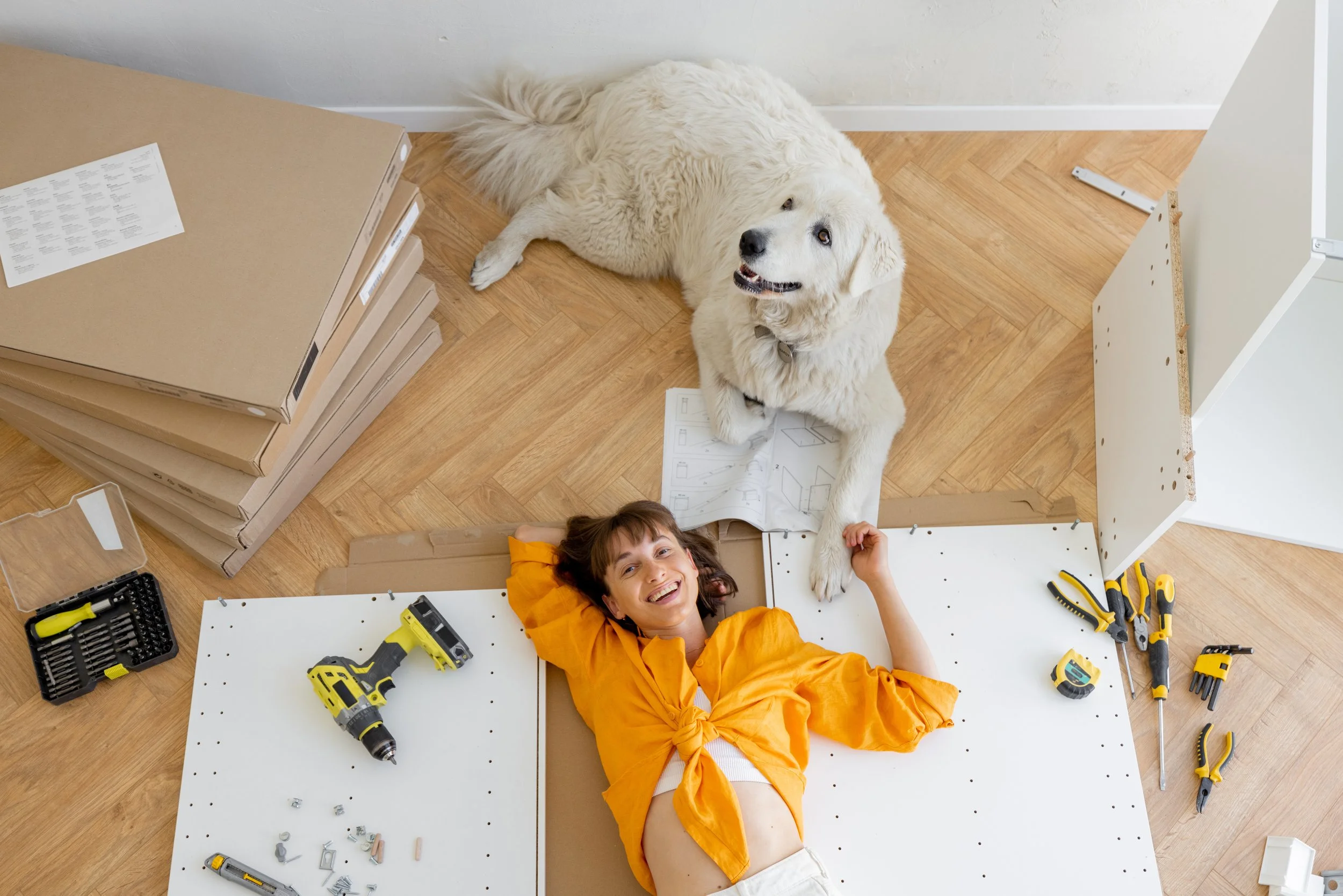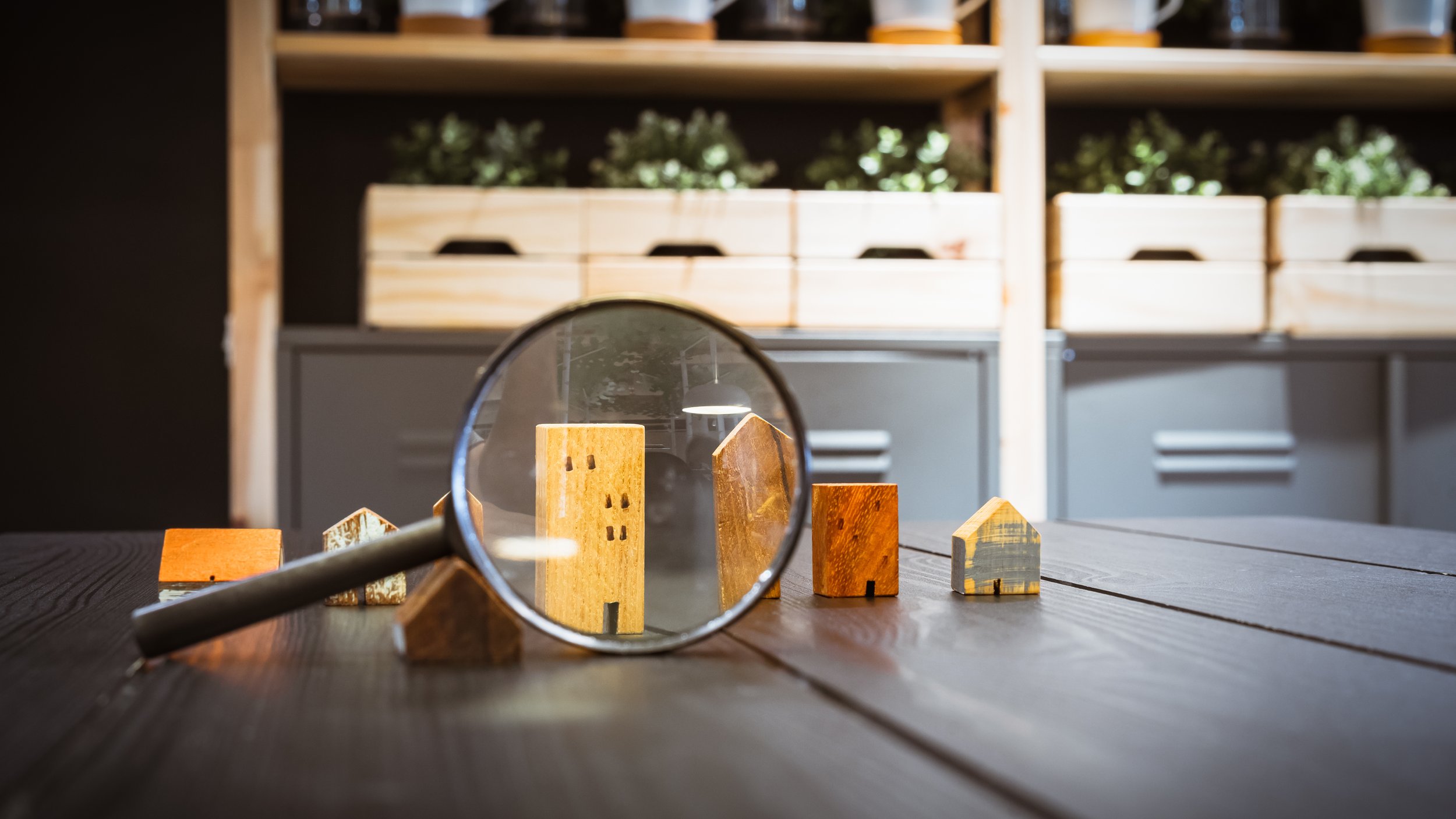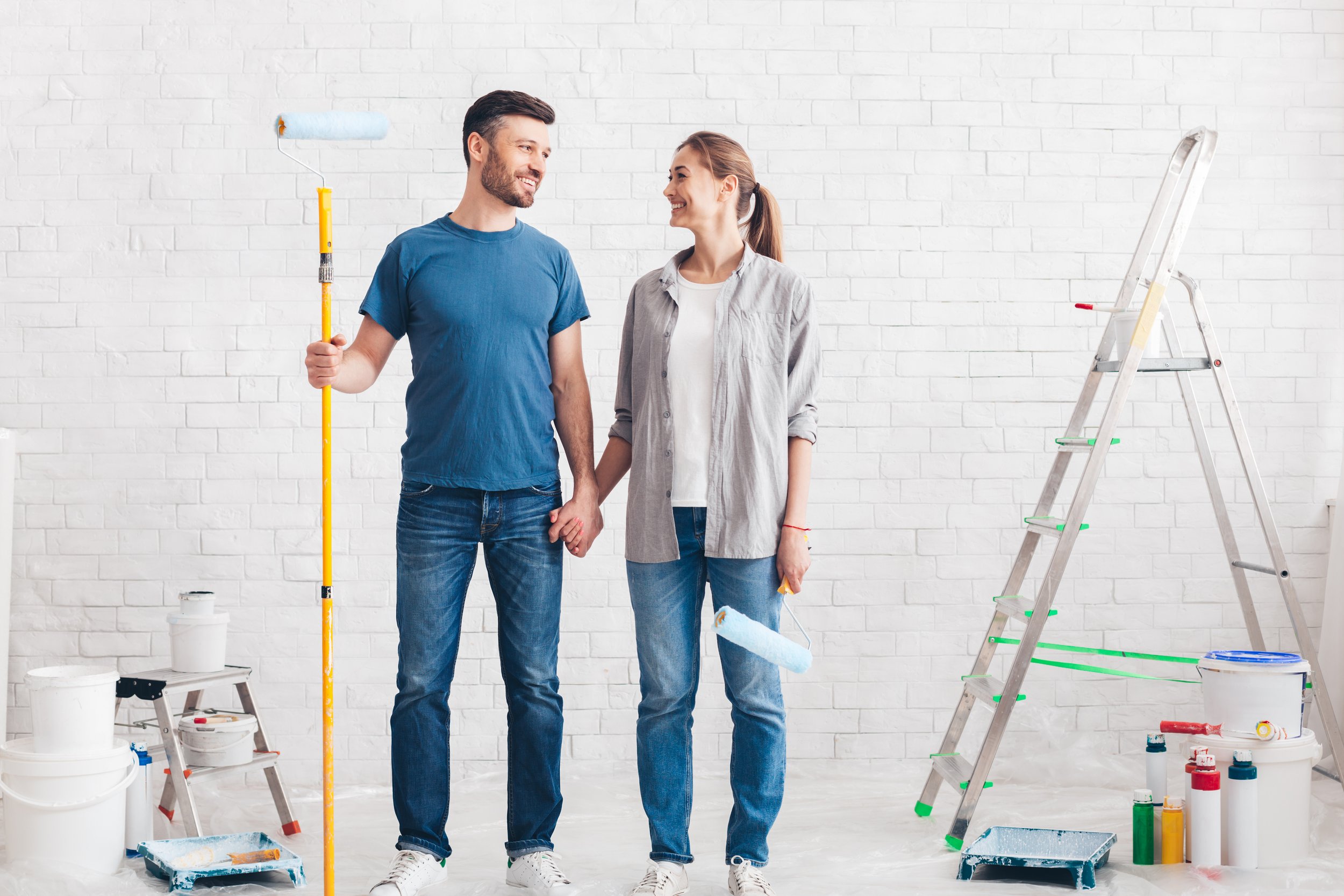As a landlord, taking care of your rental property is essential to ensure its longevity and value. While it's common to hire professionals for specific repairs and maintenance tasks, there are several DIY projects that landlords can tackle themselves to save time and money. In this comprehensive guide, we will provide you with valuable tips and insights on DIY property maintenance and repairs. By learning these skills and adopting a proactive approach, you can effectively manage your property and enhance your landlord experience.
1. Conduct Regular Property Inspections:
Schedule routine inspections to identify any maintenance or repair needs. This allows you to address issues early on and prevent them from escalating into more significant problems.
Walk through each room and check for signs of wear and tear, damaged fixtures, or potential safety hazards.
Inspect the property's exterior, including the roof, gutters, and landscaping, to ensure they are well-maintained and in good condition.
2. Handle Basic Plumbing Repairs:
Learn how to fix minor plumbing issues such as leaky faucets, clogged drains, or running toilets. These common problems can often be resolved with simple tools and techniques.
Invest in a basic plumbing toolkit that includes a wrench, pliers, pipe tape, and a drain snake. These tools will come in handy for various plumbing tasks.
In case of significant plumbing problems, such as burst pipes or extensive leaks, it's advisable to seek professional assistance.
3. DIY Painting and Touch-ups:
Keeping your rental property fresh and well-maintained is essential for attracting and retaining tenants. Learn basic painting techniques to handle minor touch-ups and wall repairs.
Familiarize yourself with proper surface preparation, choosing the right paint, and using appropriate brushes or rollers.
DIY paint can save money and allow you to address minor cosmetic issues quickly.
4. Handle Electrical Maintenance and Repairs:
Understand basic electrical maintenance to handle tasks such as changing light fixtures, replacing outlets, or fixing faulty switches.
Prioritize safety when working with electricity. Turn off the power at the circuit breaker before making any electrical repairs or installations.
For complex electrical issues or significant electrical upgrades, it's crucial to hire a licensed electrician.
5. Maintain HVAC Systems:
Learn how to clean or replace air filters in heating, ventilation, and air conditioning (HVAC) systems. Regularly maintaining these filters ensures optimal air quality and efficient system performance.
Keep the outdoor unit free from debris and vegetation. Clear any obstructions to maintain proper airflow.
However, for complex HVAC repairs or system installations, it's recommended to hire a professional HVAC technician.
6. Repair and Maintain Flooring:
Address minor flooring issues, such as loose tiles, damaged laminate, or squeaky floorboards, on your own. These repairs can improve the overall appearance and safety of your rental property.
Familiarize yourself with the appropriate techniques and tools for different flooring types, whether hardwood, carpet, vinyl, or tile.
It's best to consult a professional flooring contractor for major flooring repairs or installations.
7. Basic Landscaping and Outdoor Maintenance:
Take pride in the exterior of your rental property by learning basic landscaping and outdoor maintenance tasks.
Regularly mow the lawn, trim shrubs and trees, and remove weeds to keep the property neat and inviting.
Clean gutters, repair or replace damaged fences, and promptly address outdoor maintenance issues to prevent further damage.
8. Stay Informed and Seek Professional Help:
Keep up with the latest DIY trends, techniques, and safety guidelines by reading reputable home improvement resources, attending workshops, or following industry experts.
Recognize your limitations. Some repairs or maintenance tasks may require specialized skills or expertise. In such cases, hiring professionals is best to ensure the work is done safely and effectively.
Conclusion:
By taking a proactive approach to property maintenance and repairs, landlords can save money, enhance the value of their rental properties, and provide a positive experience for tenants. While some tasks are best left to professionals, learning basic DIY skills empowers landlords to handle minor repairs and maintenance efficiently.
Remember to prioritize safety, stay informed, and seek professional help when necessary. With the right knowledge and tools, you can become an intelligent landlord who takes pride in maintaining and improving your rental property.












